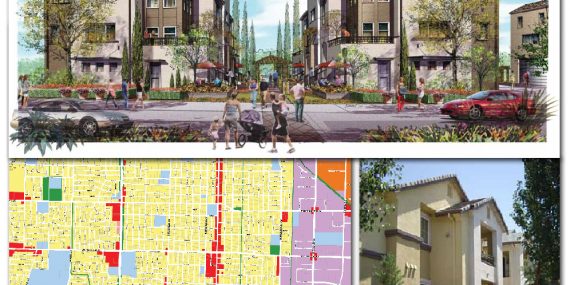General Plan vs. Zoning
All property has an underlying or specific zone wherein the City or County has outlined in its General Plan for all zones within its jurisdiction. These zones indicate what the general, current, or future use of the land in a particular area will be. The purpose of this is to maintain continuity throughout the city while providing for the health, safety, morals, and general welfare of its residents. In short, it prevents things such as a steel mill from taking place in the middle of a neighborhood. Notwithstanding, the underlying […]




